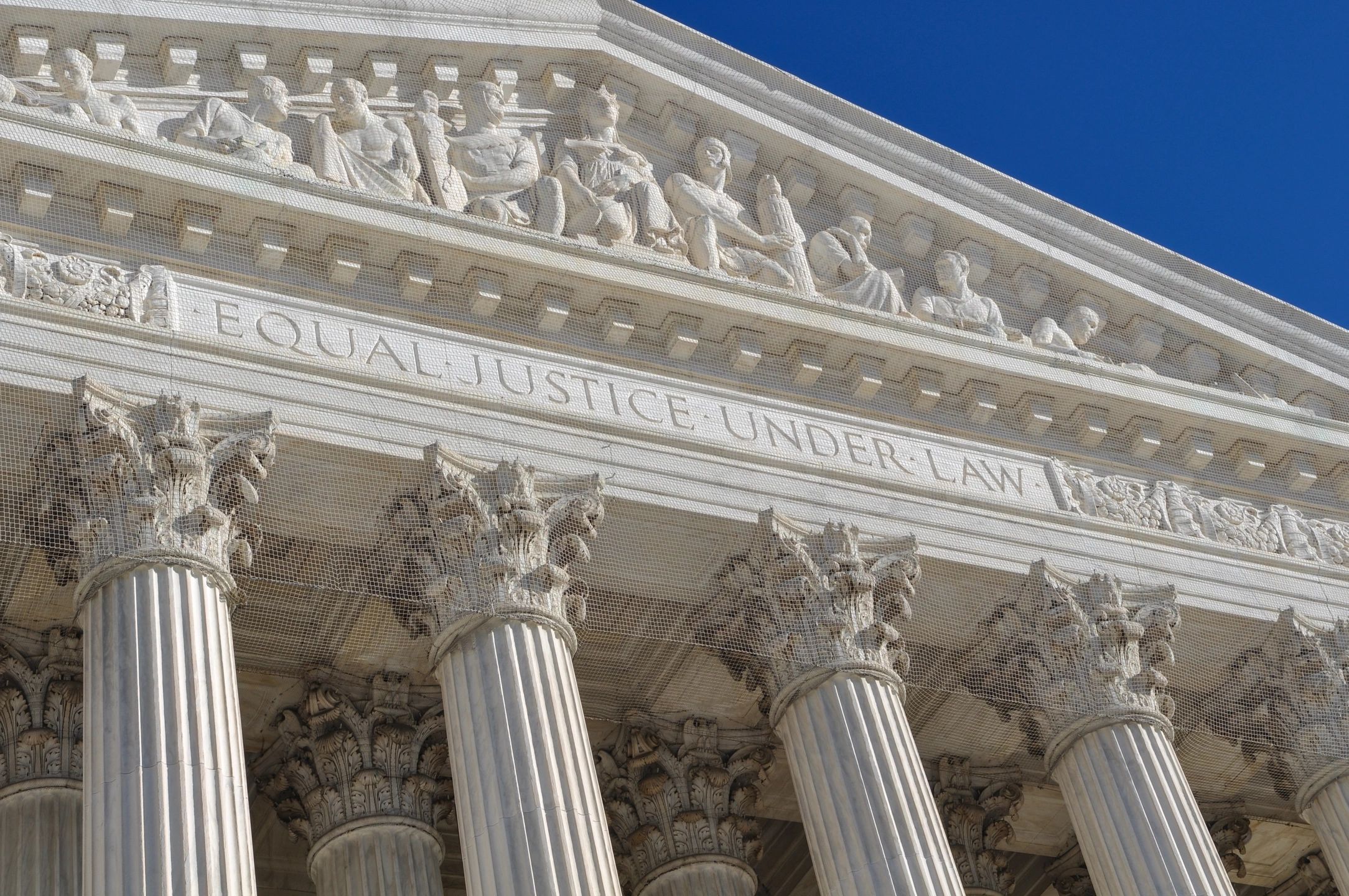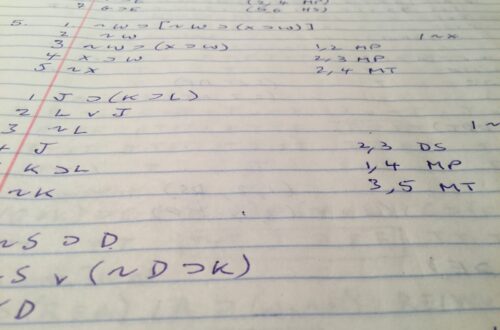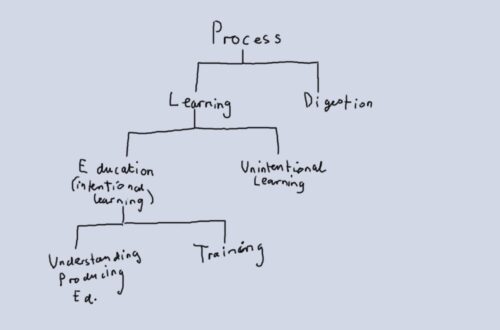According to the CCSSO teacher of the year, Sydney Chaffee, education is a matter of social activism. Teachers are to be facilitators, “thought partners” who let students “grapple with complex, hard issues” without “necessarily giving them the right answers.” Students are not formed, informed, or reformed by teachers; instead “students make choices” and the aim of the school is to “encourage students to articulate their own opinions, not to coerce them into agreeing with us.” It is the students who do the forming; teachers merely help them get where they want to go. Here is her vision:
“School has to be bigger. It has to mean more than ‘I teach my subject.’ School has to be about teaching people to change the world for the better. If we believe that, then teaching will always be a political act. We can’t be afraid of our students’ power. Their power will help them make tomorrow better. But before they can do that, we have to give them chances to practice today. And that practice should start in our schools” (Sydney Chaffee, 2017 CCSSO teacher of the year, TED talk, Nov 2017).
This picture of a school as a place in which students are empowered to transform society in the name of justice is a popular one. However, one wonders about a couple of things. First, it is not clear how a student comes to her beliefs about what is just and unjust, true or false, better or worse. One’s views on justice are informed somehow. What exactly informs the students in Ms Chaffee’s class of what makes an action right, how one is to tell, and what justifies one’s view? If the class are being prepared for political action in the service of a conception of justice, then the class ought to know something about justice. It is not clear that the educational philosophy has an answer.
For example, take the problem of racism. Chaffee says that this is the kind of injustice of which children should be aware and against which they ought to be equipped to fight. Yes, racism is wrong. But why? What makes it wrong? What truths make it as wrong now as it was wrong during the Jim Crow era? Do such truths even exist? Answers to these questions are not available through a teacher’s facilitation of political activism among students. How does equipping a student to protest help her answer the question: what makes racism wrong?
Does a racist do something wrong when he commits a violent act against people for the color of their skin? Surely so, but its wrongness is neither generated by our protests against it nor by our feelings of outrage. Rather, its wrongness is either due to its breaking a rule or a ‘natural’ law or for some other reason such as the harm principle. But to teach that, the teacher must not only be concerned with her student; she must be concerned with her subject. Those two things are not in opposition. A good teacher knows her stuff and cares to teach it to people.
Second, one wonders what the view assumes about (i) the nature of human beings and (ii) the nature of knowledge and truth. According to the traditional view, human beings are the same in significant ways – they share a nature that includes a degree of common rationality. However one conceives of rationality, having it means that education is, in part, a matter of learning how to think properly, according to one’s nature. Now it may be that some of this is taken into account. Perhaps Chaffee’s mention of ‘critical thinking’ includes a class in logic. However, such a class is not merely aimed at teaching a student to think, but must be aimed at teaching her to think properly.
The alternative is that there is really no such thing as thinking properly. Perhaps rationality is person or culture specific. If so, then we have no obligation to accord our thinking to some authority or other. We think what and how we like. The teacher’s job at this point is to help us do so with maximal vim.
According to the traditional view, the nature of knowledge is tied to truth. But the truth-values of propositions are not person relative. If so, then they aren’t the kind of things merely caught by expressing one’s own opinion. As Plato taught us, opinion is not the same as knowledge. If so, then knowledge requires more than opinion even if the whole class agrees. But what does a view like Chaffee’s offer students? On the face of it, a teacher imparting eternal immutable truths couldn’t be further from what she wants. Instead, students are to learn a living history which they inhabit seeking to further their cause of justice (whatever that turns out to be). As Chaffee duly notes, sometimes students will seek to go in a direction with which the teacher might have a serious problem. When this occurs, instead of imparting wisdom, the teacher should hold her tongue, get behind the students’ actions, and let them make their own wisdom:
“Sometimes they’re going to point out ways in which systems that we have created, or in which we are complicit, contribute to inequity. It’s going to be uncomfortable, and it’s going to be painful as they push us to question our own assumptions and beliefs. But what if we change the way we think about rebellion in our kids? When our kids rebel — when they thoughtfully push back against our ideas or the way that we do things, what if we chose to see that as a sign that we’re doing something right and that they’re becoming liberated?”
One ought to notice her prescription: when students rebel, teachers ought to “chose to see that as a sign that we’re doing something right and that they’re becoming liberated.” But how would you know? Are they always doing something right? Or are students sometimes wrong? It is not hard to imagine students being right and the teacher wrong and vice versa. But notice: there must be some things that are in fact right and other things that are in fact wrong. Same goes for truth. Thus, you might liberate a group of students by leaving them unopposed, but you might do so at the cost of them learning what is right or true or good or beautiful. You may leave them liberated but ignorant. And ignorance is not freedom; it is the worst of prisons.





